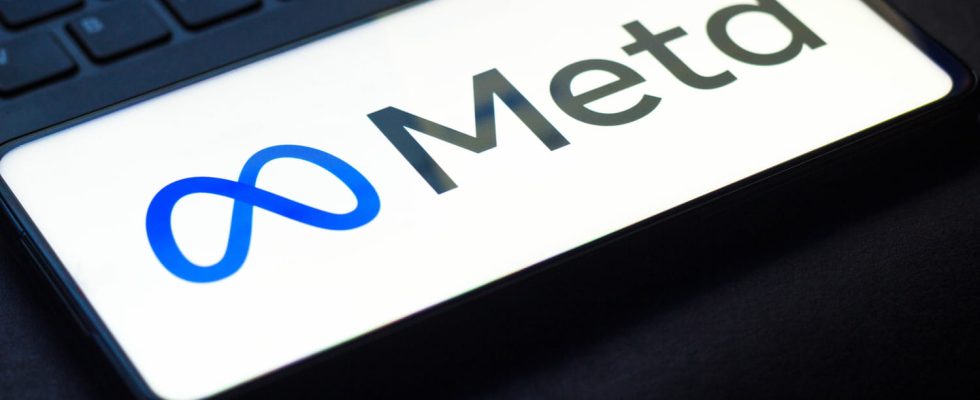Meta would consider setting up a new social network similar to Twitter. The major difference? It would be decentralized, leaving more freedom to users. An astonishing and attractive project, but is it viable for all that?
Twitter continues to plummet since its takeover by Elon Musk, chaining controversies and disastrous choices. After laying off a large majority of the company’s employees and setting up a particularly decried paid certification badge, the billionaire scared away most advertisers – 70% of the 100 most important advertisers stopped using the platform in their campaigns in mid-December. Consequence: Twitter has seen its advertising revenue decrease by 40% since the takeover, and the platform is on a slippery slope. Inevitably, many competitors see this as an opportunity to steal its place and recover its disappointed users, starting with Mastodon. But, more surprisingly, Meta – which owns Instagram and Facebook – also seems to be eyeing the blue bird with a similar new social media project, as revealed MoneyControl And Platformer. At the moment there is little information available, except that it will be a text-based network and, above all, decentralized.
Meta social network: an ambitious project
The project was indeed confirmed by Meta, who told Platformer:“We are exploring the idea of creating a decentralized social network for sharing text. We believe there is an opportunity for a new, separate space where creators and public figures can share their interests.” Development is still in the embryonic stage, so the platform should not see the light of day for several years. Currently, the company’s lawyers are said to be already working on the legal aspect of the project, which is internally codenamed P92 and is led by Adam Mosseri, who already takes care of Instagram. Besides, users would log in with their existing Instagram credentials. The new platform is expected to support ActivityPub, the decentralized social networking protocol that powers Mastodon. Like the latter, it would therefore be a decentralized social network, that is to say that it would belong to everyone and no one at the same time. It could not therefore be controlled by a single individual since it would be based on an architecture composed of multiple servers interacting with each other.
Setting up such a platform would allow Meta to redeem its image, which has been badly damaged by the many scandals over its management of users’ personal data. However, this is quite surprising given that such an operation seems very far from the usual policy of the company, since users could set up independent servers, and therefore define moderation rules specific to each server. There is also the question of profitability – especially in view of Meta’s financial problems due to the chasm that the metaverse represents. Indeed, the current economic model of the company’s social networks is based on advertising and data collection, which seems difficult to transpose to this type of structure. In short, it’s far from won, especially since Meta is not alone on the spot! BlueSky Social, developed by the former creators of Twitter, makes its debut on the App Store, with the promise of giving users back control over algorithms and their personal data.
